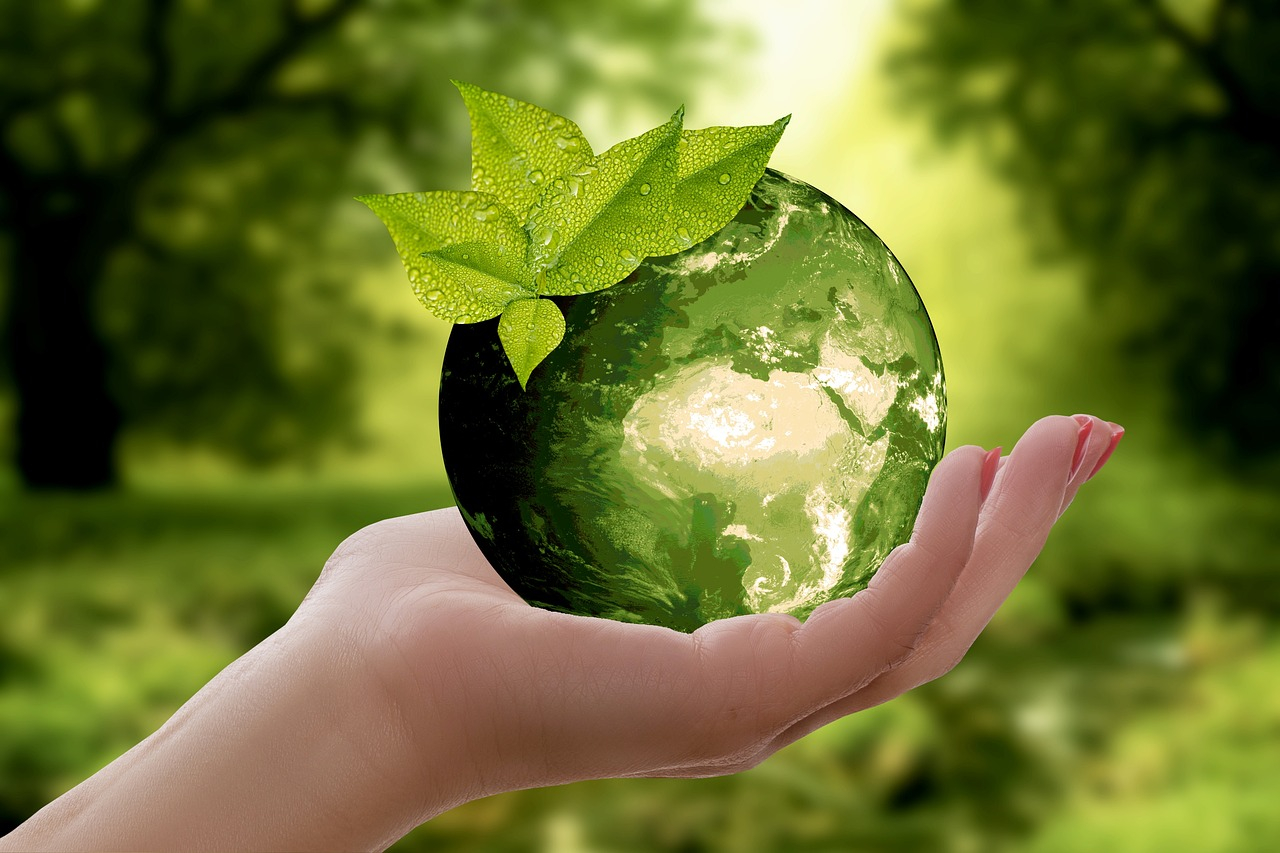The basics of plastic recycling
Plastic recycling involves the process of recovering waste or scrap plastic and reprocessing it into useful products. The primary goal is to reduce the consumption of fresh raw materials, minimize energy usage, and decrease pollution associated with plastic production.
Types of plastics suitable for recycling
Not all plastics are created equal when it comes to recycling. Understanding the resin identification codes can help differentiate between recyclable and non-recyclable plastics. Commonly recycled plastics include PET (Polyethylene Terephthalate), HDPE (High-Density Polyethylene), PVC (Polyvinyl Chloride), LDPE (Low-Density Polyethylene), PP (Polypropylene), and PS (Polystyrene).
Challenges in plastic recycling
While the concept of plastic recycling is straightforward, several challenges hinder its widespread implementation. Contamination, lack of infrastructure, and insufficient consumer awareness are some of the key obstacles. Addressing these challenges requires a concerted effort from various stakeholders, including governments, industries, and consumers.
Technological innovations in plastic recycling
Advancements in technology are revolutionizing the field of plastic recycling, making processes more efficient and cost-effective. From mechanical recycling, which involves melting and reprocessing plastics, to chemical recycling, which breaks down plastics into their molecular components for reuse, there are several innovative approaches being explored to overcome the limitations of traditional recycling methods.
Best practices for plastic recycling
Implementing best practices is essential to maximize the effectiveness of plastic recycling efforts. This includes reducing single-use plastics, promoting eco-friendly alternatives, improving waste segregation and collection systems, and investing in recycling infrastructure and education programs.
The role of individuals and businesses
While governments and industries play crucial roles in shaping policies and implementing large-scale recycling initiatives, individuals and businesses also have a significant part to play. By adopting sustainable practices, reducing plastic consumption, and supporting recycling programs, we can all contribute to a cleaner and healthier planet - plastic recycling.
By following these guidelines and embracing innovative technologies, we can pave the way for a more sustainable future where plastic recycling is not just a choice but a necessity. Together, we can turn the tide on plastic pollution and build a world where waste is minimized, resources are conserved, and our environment thrives.





